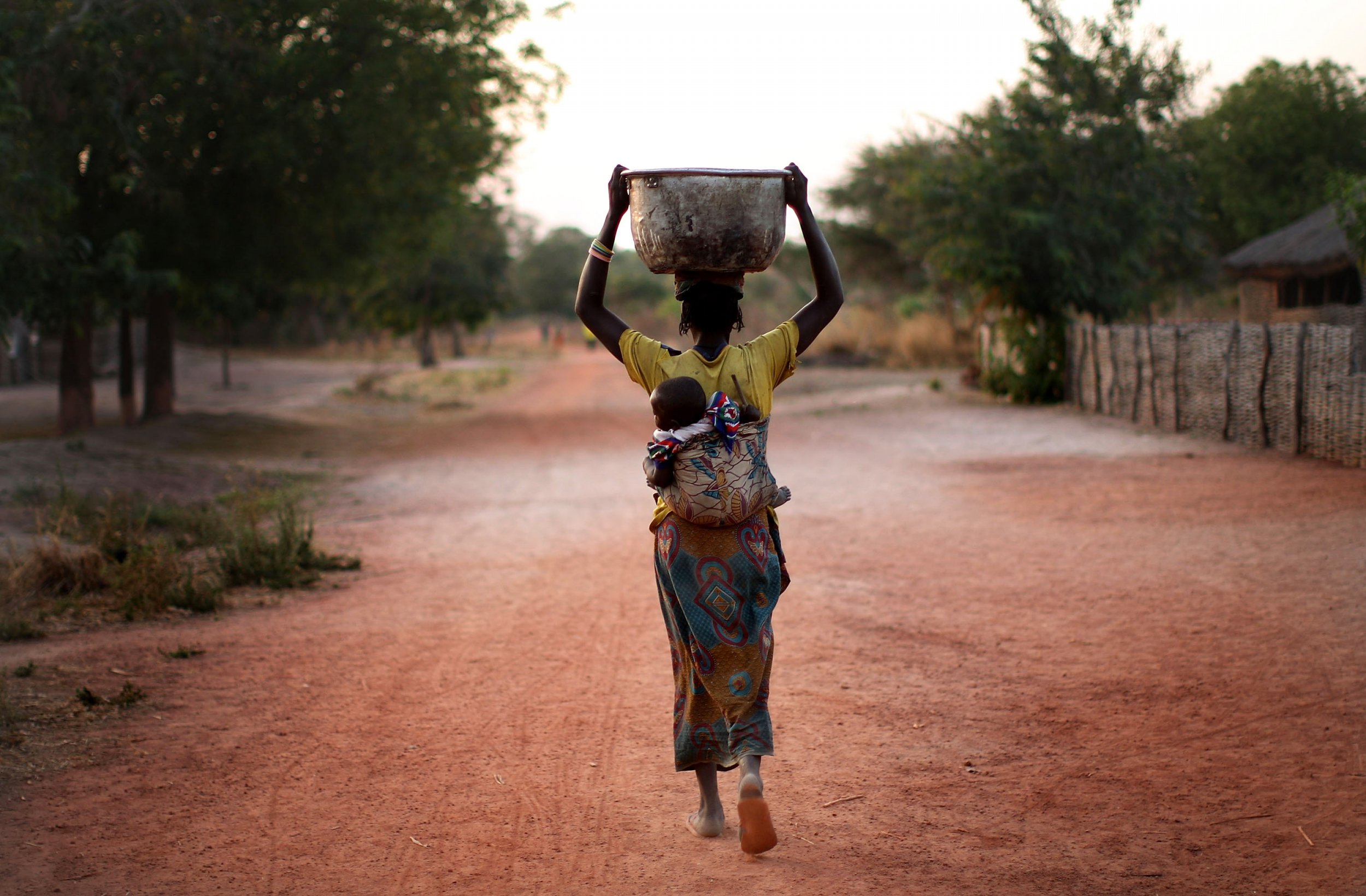
Three years ago, Central African Republic (CAR) was on the brink of collapse. But today, the country has changed course. The people of Central African Republic have chosen to turn the page through free and democratic elections. The international community has accompanied each step of the transition, so that the crisis can be overcome for good. There is now hope for the country to embark on a journey of recovery and renewal.
The main factor for this emerging success is the Central Africans themselves, their desire for peace, prosperity and security. But the international community also has a fundamental role to play. Total reconstruction needs are estimated at $1.5 billion over the next three years. At the Brussels Conference for CAR on November 17, together we will commit to keeping CAR at the core of the international agenda, to supporting an ambitious plan for peace and growth, and to advance the reforms the country needs in the years to come.
The challenges ahead are immense. Recent tensions have shown that the road toward national reconciliation and reconstruction will still be fraught with obstacles. The security situation, while improving, remains fragile because of attempts by spoilers to incite violence. It is getting harder for humanitarian agencies to reach some 2.3 million people who remain in need—that is, half of the country's population. More than 380,000 men, women and children are internally displaced and attacks against camps where they are sheltering, as well as attacks against humanitarian partners, have added to a dire situation.
To break the cycle of fragility, the country needs long-term investments. Peace, social cohesion and national unity can only be achieved through long-term development. For this reason, CAR, along with its international partners, has engaged in an unprecedented collective effort to chart a sustainable way forward for the country.
A five-year national plan for recovery and peacebuilding—prepared by the government together with the United Nations, the European Union and the World Bank, in consultation with the population—will be presented at the Brussels conference.
This roadmap can help materialize the hopes and aspirations of the Central Africans: from peace and security to economic recovery; from improving the country's infrastructure to the provision of essential services, such as health, sanitation and education. The program foresees a strategy for disarmament, demobilization, reintegration and repatriation; a much-needed security and justice sector reform; and a strategy for the return of displaced people.
The international community can and must support the government in the implementation of the plan. Over the last three years we have already demonstrated that together we are stronger. A U.N. peacekeeping mission followed an African Union-led regional force in 2014 and ever since it has been protecting civilians, providing security and strengthening the national authorities. The World Bank is helping to improve public finances management, providing employment to vulnerable communities, and restoring basic services and infrastructure. The EU has deployed the full range of its foreign policy tools, with three military missions and remains the largest international provider of relief assistance.
And together we are all ready to do even more in the years ahead. In Brussels, we will ask our international partners to play their part and also invest in the future of CAR. We now have a far-reaching, forward-looking agenda owned by the government and the people of CAR. The return of investment will be beneficial not only to the country, but to the entire region—which is now affected by volatility and has been hosting approximately half a million refugees.
Central African Republic can be a land of opportunities. This is not simply about the country's natural resources, or its strategic position as a hub for regional connectivity. The people of Central African Republic want to get back to their lives and rebuild their country. The priests, the imams and the community leaders are playing a vital role in the process of national reconciliation. Sixty percent of the country's population is under the age of 25: there is incredible energy and desire for regeneration, but they need jobs and economic opportunities to embrace the future.
On November 17 in Brussels, we can use the conference to help the people of Central African Republic finally unleash their immense untapped potential.
Faustin-Archange Touadéra is the president of Central African Republic. Federica Mogherini is the high representative of the European Union for Foreign and Security Policy, and vice-president of the European Commission. Jan Eliasson is the deputy secretary-general of the United Nations. Makhtar Diop is the vice-president of the World Bank.
Uncommon Knowledge
Newsweek is committed to challenging conventional wisdom and finding connections in the search for common ground.
Newsweek is committed to challenging conventional wisdom and finding connections in the search for common ground.
About the writer
To read how Newsweek uses AI as a newsroom tool, Click here.








